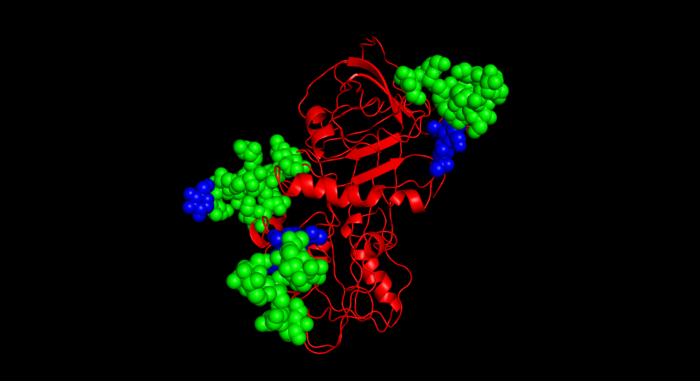Excess protein in the diet, which can affect even one in 4 people in rich countries, could increase the risk of atherosclerosis (stiff and hardened arteries and the presence of deposits on the walls of the vessels that obstruct the blood circulation): a study reveals this from the University of Pittsburgh published in the journal Nature Metabolism. It is currently recommended that you consume between 15% and 22% of your daily calories from protein. The study found that obtaining over 22% of daily calories from proteins (which is what happens to almost a quarter of the American population) can lead to an increase in the activation of immune cells that play a role in the formation of atherosclerotic plaque, increasing the risk of suffering from the disease. Furthermore, scientists have shown that one amino acid in particular – leucine – appears to have a disproportionate role in driving the pathological pathways of atherosclerosis.
“Our study shows that increasing your protein intake in pursuit of better metabolic health is not a panacea. You may actually be harming your arteries,” says author Babak Razani. “Our hope is that this research starts a conversation about ways to modify diets in precise ways that can influence body function at the molecular level and reduce the risk of disease.” “Experts have shown that amino acids can trigger diseases through specific signaling mechanisms that change the behavior of immune cells in the vessels, called macrophages, which can trigger the development of atherosclerosis. Based on initial experiments in healthy human subjects to determine the time of the activation of immune cells after the ingestion of protein-enriched meals, the researchers simulated similar conditions in the laboratory, demonstrating that macrophages are particularly sensitive to amino acids. In particular, it emerged that obtaining more than 22% of daily calories from proteins it can negatively affect the macrophages responsible for cleaning cellular debris, leading to the accumulation of a “cemetery” of such cells within the vessel walls and the worsening of atherosclerotic plaques over time.
breaking latest news © Copyright ANSA
